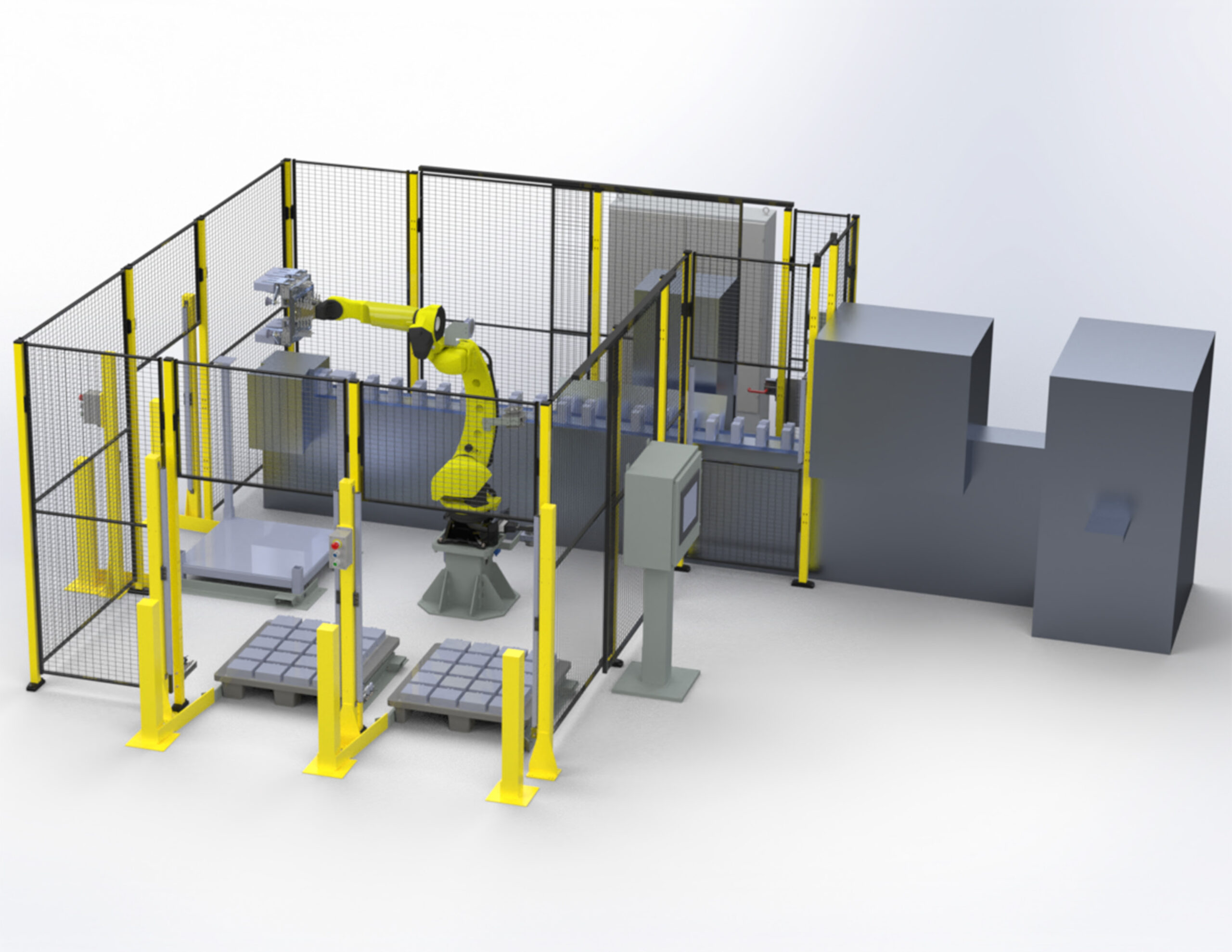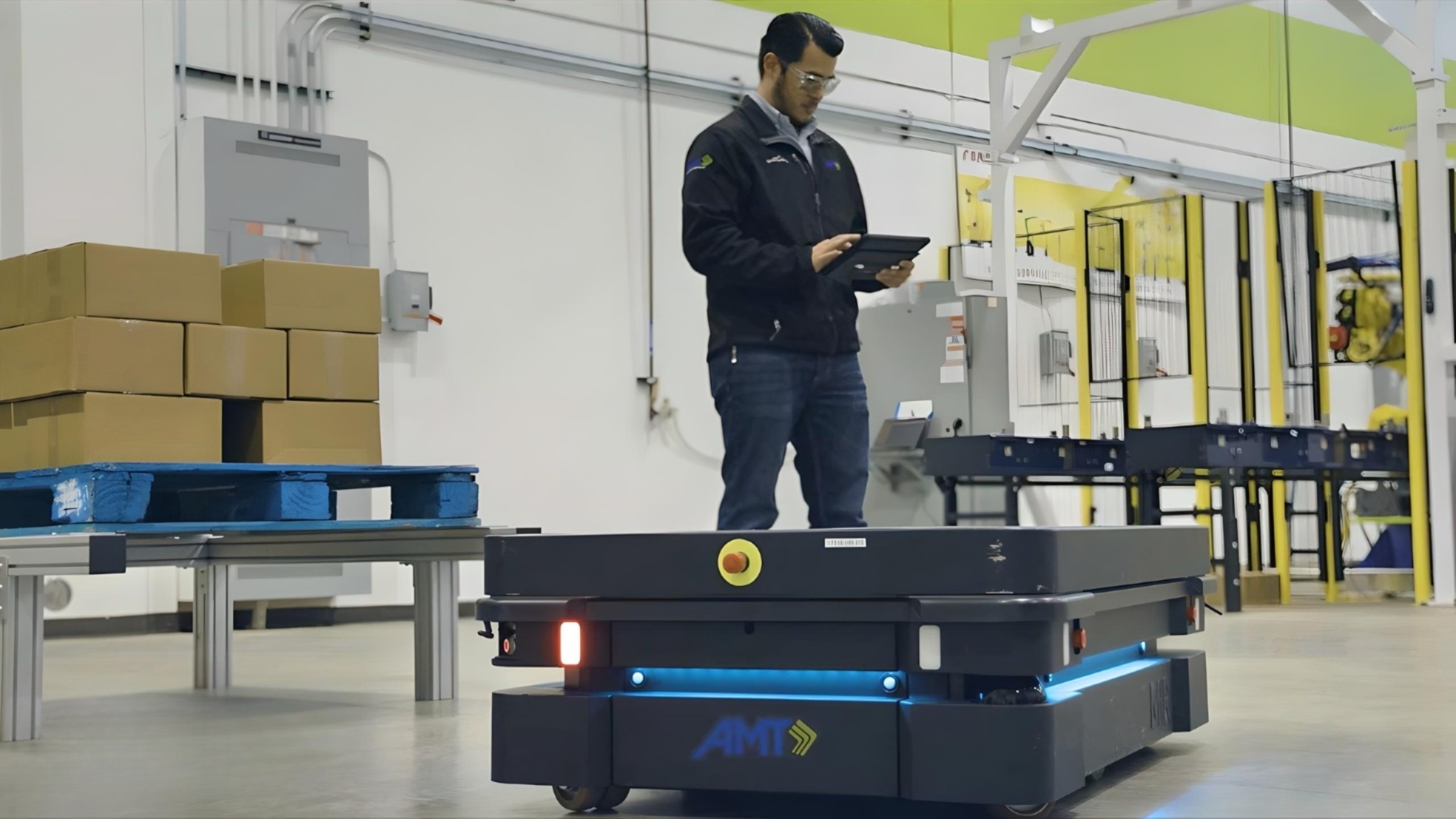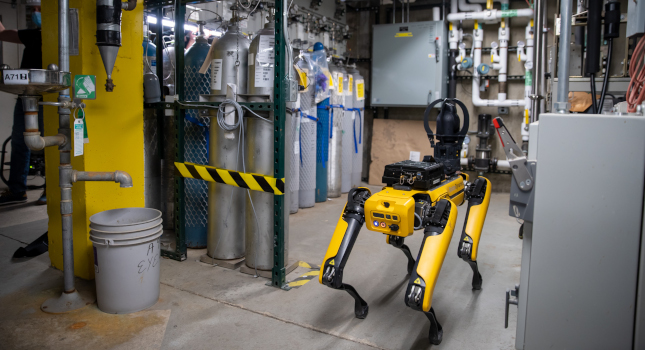Robots are creating jobs outside of the ones replaced by automation, but the picture remains murky on the overall impact robots have had.

Wondering why you’re not hearing “The robots took our jobs!” as many predicted would happen over a decade ago? The economic growth of the last 10 years has made it difficult to figure out the impact of robots on labor. The economy has created jobs outside of those replaced by automation. Displaced workers found new jobs, but will it last?
Robots don’t replace all human workers
One thing is certain when it comes to robots. Robotic automation is growing, especially in the Midwest United States where they rely heavily on manufacturing. The sharp growth of automation in those manufacturing states far exceeds the rest of America. And states in the Midwest without strong unions are seeing even more robots deployed.
However, since not all states rely heavily on manufacturing, it can be difficult to figure out whether automation has made a significant impact on the labor market. Additionally, not all workers are affected in the same way by robots. Good news: Technical and engineering jobs typically see increases. Not-so-bad news: Dull, dirty, and dangerous jobs are automated.
Many studies often show that the impact of robots on labor markets as a whole is very minor. The jobs that robots fill include repetitive tasks like assembly, packaging, and rapid painting and welding. Needless to say, those are not the most desirable positions. But robots don’t replace positions that require critical thinking and collaboration which are often more rewarding.
Growth might mask the impact of robots on labor
When automation is deployed in a down economy, less-educated workers must often seek out lower-paying positions in markets like retail, hospitality, and leisure. And since the demand in those markets decreases in a stagnant or shrinking economy, those jobs can be hard to find. In that case, it’s much easier to recognize that a worker lost a job due to automation.
But the current economy is driving more demand for goods. It’s creating new markets. And that’s resulting in higher wages. Workers replaced by robots may not have to collect unemployment, may see increases in pay, and may get what many would consider a better job in those retail, hospitality, and leisure positions.
Thanks to the recent boom, it’s even possible that this period of economic expansion could help workers land better jobs even if the economy takes a downturn. Many workers will use this opportunity to participate in education and training programs that allow them to transfer to other careers. They may even learn to service the robots that took their old jobs.
This article originally appeared on the Robotics Online Blog. Robotic Industries Association (RIA) is a part of the Association for Advancing Automation (A3), a CFE Media content partner.



